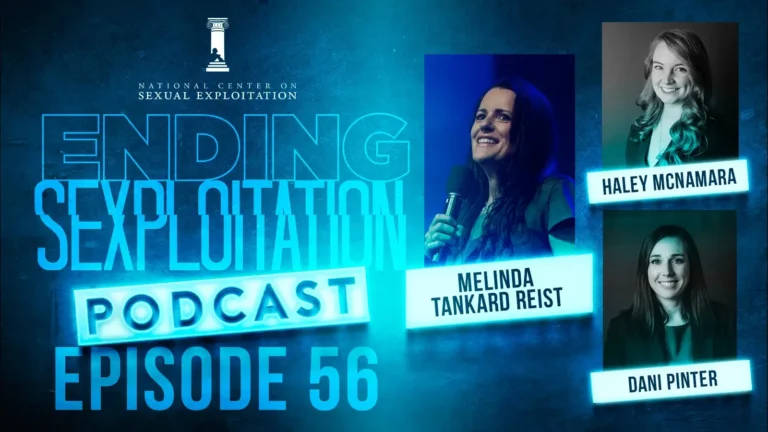The breakthrough made by the Internet in fostering education and development in Africa is astounding. To a great extent the Internet has spurred the continent to follow the march of progress being pursued by the rest of the world. By and large, it has facilitated access to information, education, and communication with ease. Nevertheless, it must be pointed out that this blessing can be a curse if and when it is misused. Some users are being exposed to and becoming addicted to online pornography and this is taking a toll on their health.
Young people are losing study time, becoming physically violent, experiencing neurological harms, being groomed for sexual abuse by online predators, having multiple sex partners, acquiring STIs, not performing well academically, dropping out of school, and missing career opportunities due to the influence of online pornography. A survey of 381 students from Nigerian Universities found that more than 50% of students indicated that their sexual behaviors today are a product of their exposure to internet pornography. An area of grave concern for Africa is the aberrant behavior which children and young people exhibit when they are exposed to pornography which includes, but is not limited to, the self-reported increase in the hypothetical likelihood of engaging in sex with minors.
For women, the negative impacts include being cajoled by pornography to hate their own bodies, seeing sexual violence as normal, and the perception of themselves as sex objects meant to please their partners. It is important to point out clearly that the viewing of pornography by men is linked to sexually violent or aggressive behavior, sexual dysfunction, decreased brain matter in areas of motivation or impulse control, and abnormal sexual behavior. In Ethiopia, it is reported that some young men turn to Viagra as a stimulant to impress their partners because they were not able to be sexually aroused in a healthy relationship. These impacts have affected normal relationships and are contributing to the number of broken relationships.
Because online pornography threatens the public health of the continent if left uncontrolled, some steps must be taken to combat these harms. There is a need to rally the various publics behind the reality that pornography threatens public health and to encourage them to make concerted efforts in responding to and preventing its menace. The hard truth is that many people still do not know the harms of pornography in Africa. The standardized training guide on the public harms of pornography developed by the National Center on Sexual Exploitation (NCOSE) can be utilized within the local understanding and has application for stakeholders across the continent.This will positively contribute to building a strong movement against pornography across the continent. With information at the disposal of agents of positive change, many of the public harms of pornography in Africa can be mitigated.
Capacity building of major stakeholders in the public and private sectors must be enhanced with the requisite knowledge, skills, and tools to address online pornography. Internet service providers and major entities must begin to see the harms of pornography and play decisive roles towards this end. Those companies that would continue to promote pornography must be named and held accountable. Such an initiative, when replicated across Africa, would give a voice to rights holders to hold corporate entities accountable for their roles in promoting public health against pornography; an impressive initiative which NCOSE does annually.
Importantly, too, Africa’s governments must make or strengthen specific laws against online pornography to serve as a deterrence for potential perpetrators. The community must be engaged from the onset so that they can assess the harms of pornography and begin to take steps against them. Households, schools, the religious community, and local and national entities must utilize traditional and modern media platforms to aid in education and advocacy. When this is done, the nuisance will be nipped in the bud and Africa can be rescued from this dreaded drug.



